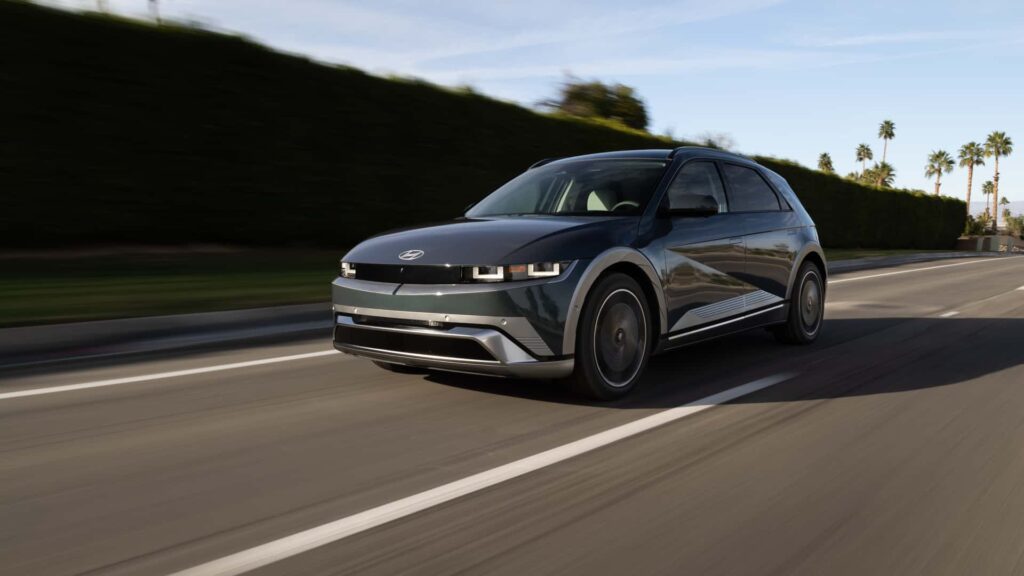Electric cars have become a contentious issue in American politics, with partisan divides deepening as the importance of EVs to the future of American manufacturing becomes increasingly evident. Mike Murphy, a former Republican campaign strategist turned EV advocate, is working to change the narrative and garner support for pro-EV policies that are under threat. He warns that without action, crucial subsidies like the $7,500 federal rebate for clean-car purchases could be in jeopardy.
Murphy, who heads the American EV Jobs Alliance, acknowledges the challenges ahead, noting that many Republican lawmakers are not feeling pressure from their constituents to support EV incentives. Despite the fact that these policies have spurred a manufacturing and job boom in states like Georgia, North Carolina, and Michigan, the general public remains largely unaware of the economic benefits of EV investments.
One of the key obstacles, according to Murphy, is the perception of electric cars as symbols of the environmentalist movement rather than as vehicles that support American manufacturing and job creation. Additionally, many voters are unaware of China’s dominance in the EV market and the implications for the U.S. if it falls behind in this crucial industry.
To combat these misconceptions and build support for pro-EV policies, Murphy’s organization is launching a pressure campaign aimed at key Republican districts. By highlighting the economic benefits of EV investments and emphasizing the need to compete with China in the global market, Murphy hopes to sway lawmakers to protect and expand EV incentives.
In addition to targeting elected representatives, Murphy believes that getting the message to President Trump could also make a difference. Despite the president’s rhetoric about revitalizing American manufacturing, he may not fully grasp the impact of EV policies on the industry. Murphy suggests that presenting Trump with a visual representation of new EV plants being built in the U.S. could appeal to his desire to take credit for economic successes.
Ultimately, Murphy sees a path forward for pro-EV policies, but it will require concerted efforts to educate the public, influence lawmakers, and engage with the administration. By highlighting the economic benefits, job opportunities, and global competitiveness that EV investments bring, there is a chance to shift the narrative and secure support for a sustainable and thriving EV industry in the U.S.

